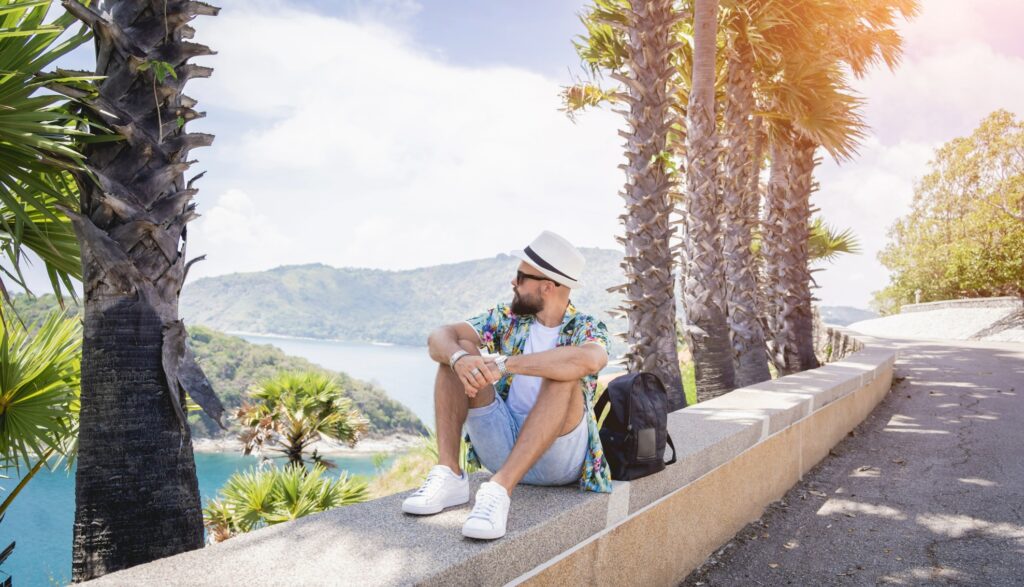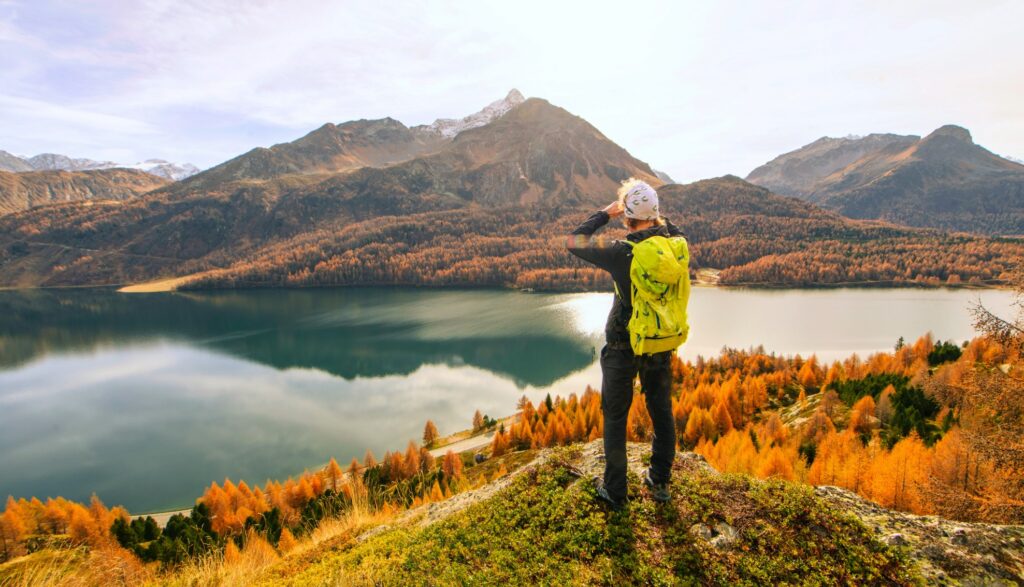Across Europe, a new kind of traveller is reshaping the way journeys are taken. Solo adventurers—particularly women over 40 are increasingly choosing walking and cycling holidays that offer both independence and connection, while embracing principles of regenerative travel.
Unlike traditional tourism, regenerative travel is about leaving a positive footprint. It goes beyond minimising harm, focusing instead on strengthening local communities, preserving cultural heritage, and protecting natural environments. Europe’s network of trails, from Spain’s Camino routes to Italy’s coastal paths, is proving to be a natural fit for this growing trend.

For solo travellers, the appeal lies in balance. Trails like the Camino de Santiago provide structure, safety, and a welcoming community of fellow walkers, while also offering the freedom of travelling at one’s own pace. In regions such as the Amalfi Coast, short daily walks combined with local excursions allow solo travellers to explore dazzling landscapes without feeling isolated.

Operators are responding by weaving regenerative practices into their itineraries. Walking and cycling holidays support small guesthouses, family-run cafés, and local guides, ensuring money stays within communities. The low-impact nature of slow travel reduces environmental strain while fostering authentic connections with people and place.
The growth of solo and regenerative travel reflects a wider shift in traveller priorities. More people are seeking journeys that are restorative for themselves, while also enriching for the destinations they visit. In Europe, that means well-marked trails, a ready-made network of communities, and the chance to be part of something that extends far beyond the journey itself.


